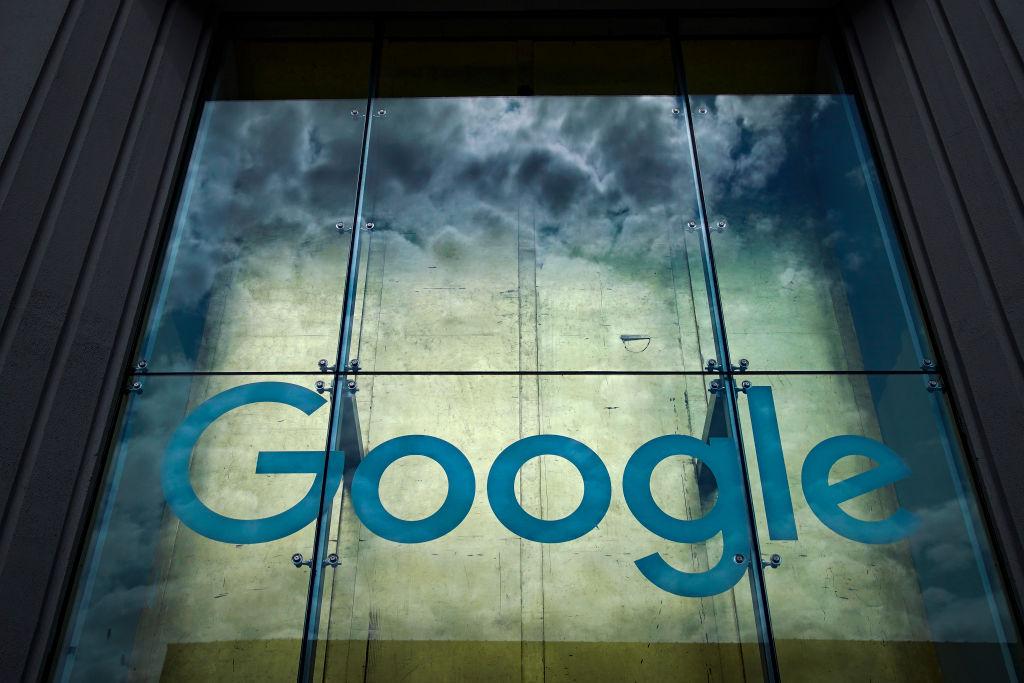Google reported to the Australian federal government that it has removed around 800,000 YouTube videos concerning COVID-19, and 275 million COVID-19 apps from across its platform as part of its $1 billion (US $726 million) global campaign to “counter COVID-19 misinformation.”
It has also launched a US $3 million fund to wipe out alleged vaccine misinformation.




